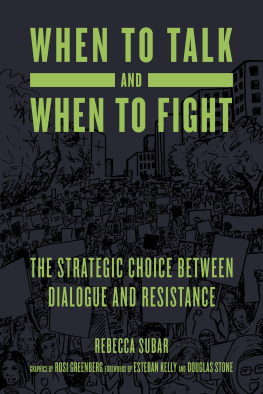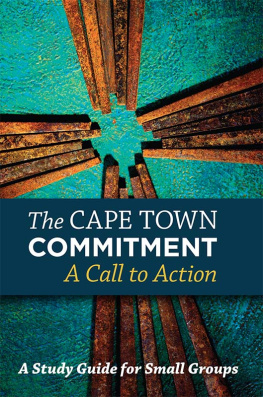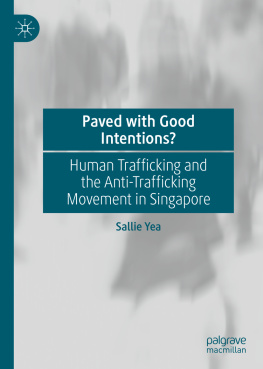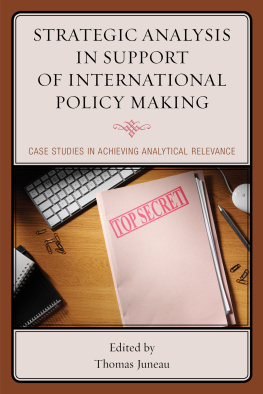
Talking Collective Action
An ethnographic study of anti-nuclear movement groups that both challenges assumptions of traditional social movement studies of strategic action and shows what can be gained through microanalysis of talk in meetings, this book advances social movement studies methodologically and theoretically through the application of a new method of sequential analysis. Drawing on both conversation analysis and objective hermeneutics, it builds on microanalysis to scale up from sequences of talk to meetings, from meetings to groups, and from groups to the anti-nuclear movement, thus addressing a common criticism of analyses of face-to-face interactions: that they fail to demonstrate how their findings are relevant for questions beyond the interaction itself and thus for a broader sociological audience. A demonstration of the ways in which strategic deliberations by activists are subject to dynamics of face-to-face interaction, Talking Collective Action shows how groups adopt different styles of planning to engage with their environment and affect the groups development over time. As such, it will appeal to social scientists with interests in social movements, organizations and conversation analysis.
Ole Ptz is a researcher at the Semantic Computing Group, Cognitive Interaction Technology Cluster of Excellence, Bielefeld University, Germany.
Routledge Studies in Political Sociology
Performance Action
The Politics of Art Activism
Paula Serafini
Agonistic Articulations in the Creative City
On New Actors and Activism in Berlins Cultural Politics
Friederike Landau
Talking Collective Action
A Sequential Analysis of Strategic Planning in Anti-Nuclear Groups
Ole Ptz
For a full list of titles in this series, please visit: www.routledge.com/sociology/series/RSPS
First published 2020
by Routledge
2 Park Square, Milton Park, Abingdon, Oxon OX14 4RN
and by Routledge
52 Vanderbilt Avenue, New York, NY 10017
Routledge is an imprint of the Taylor & Francis Group, an informa business
2020 Ole Ptz
The right of Ole Ptz to be identified as author of this work has been asserted by him in accordance with sections 77 and 78 of the Copyright, Designs and Patents Act 1988.
All rights reserved. No part of this book may be reprinted or reproduced or utilised in any form or by any electronic, mechanical, or other means, now known or hereafter invented, including photocopying and recording, or in any information storage or retrieval system, without permission in writing from the publishers.
Trademark notice: Product or corporate names may be trademarks or registered trademarks, and are used only for identification and explanation without intent to infringe.
British Library Cataloguing-in-Publication Data
A catalogue record for this book is available from the British Library
Library of Congress Cataloging-in-Publication Data
A catalog record for this book has been requested
ISBN: 978-0-367-14451-7 (hbk)
ISBN: 978-0-429-03211-0 (ebk)
Typeset in Times New Roman
by Apex CoVantage, LLC
Contents
Online Appendix I: methodological questions and exemplary analysis: http://doi.org/10.4119/unibi/2934450
Online Appendix II: additional data and analyses: http://doi.org/10.4119/unibi/2934449
Online Appendix III: German transcripts and English translations: http://doi.org/10.4119/unibi/2934439
Guide
1
Introduction
This book considers the meetings of anti-nuclear groups as a setting where activists plan collective actions through talk. The analysis begins with sequences of talk, scales up from talk to meetings, from meetings to groups, and from groups to the anti-nuclear movement, while attempting to ground each analysis in the talk of activists during meetings. It does so by utilizing a new method of sequential analysis that combines conversation analysis and objective hermeneutics. Until now, social movement research and sequential analysis have coexisted with little to no communication. This is not particularly surprising for the prevalent approaches to social movement research because they consider movements from a perspective that is far removed from activists talk at meetings. The prevalent approaches include the framing perspective , which assumes that movements construct meanings out of collectively shared beliefs, values, and ideologies in order to mobilize support (Snow & Benford 1988; Snow & Benford 2000; Snow et al. (1986)); political opportunity theory , which considers the political context of movements and stresses the importance of vulnerabilities of the political system for a movements success (Meyer 2004; Tarrow 1998); and resource mobilization theory , which considers movement organizations as entrepreneurial actors that gather diverse resources and mobilize participants in order to be successful (McCarthy & Zald 1977).
The framing perspective would appear to be suited to analyzing the construction of meanings by activists in meetings. But although this approach borrows its central term framing from Goffman (1974), it does not analyze the construction of meanings in interactions and usually describes frames as static and intentional. As Benford (1997) observes critically, human action and interaction are stripped from the text (p. 418) in most of the research on movement frames. Pettenkofer (2010) observes that the framing perspective considers all framings to be intentional, which prevents the analysis of the effects of those shared values and beliefs that are not intentionally employed by activists. Due to its focus on societal structures that facilitate or impede social movements, political opportunity theory is criticized for its lack of attention to the strategies that movement groups employ (Goodwin & Jasper 1999). Other authors observe that resource mobilization theory operates with simplistic models of rational behavior that assume that individuals in movements have clear objectives and are able to calculate the costs and benefits of participation (Kitschelt 1991; Pettenkofer 2010). In summary, the prevalent approaches treat movement groups as relatively stable entities with fixed interests, entities that calculate costs and benefits rationally.
Groups are not necessarily irrational, as early theories of collective behavior argued (Borch 2006), but the point is that the prevalent approaches overestimate the degree to which movement groups are rational actors (Jasper 1997; Polletta 2002). The assumption of rationality allows researchers to disregard the process of planning itself both theoretically and empirically. If one assumes that activists know how to weigh means and ends and thus always make the right choices, the processes by which means and ends are evaluated and decisions made need not be investigated; one need only know the resources available to activists, the problems the activists identify and the aims of protest they articulate, and the environment in which the activists attempt to bring about changes.
The largely untested assumption of rationality is also indicated by some of the conceptual terms used in social movement research. Researchers speak of strategies when they could speak about plans of movement groups, and they speak of tactics when they could alternatively refer to collective action or protest activities. In this book, I follow authors who describe strategic planning as a deliberate attempt by activists to anticipate reactions of other parties in their environment and adapt their own actions correspondingly (Jasper 2004), while planning describes considerations of the steps required to implement a protest activity and the coordination of different preparatory activities that are necessary to do so. To distinguish between planning and strategy enables me to treat the question of whether movement groups plan rationally and/or strategically as an empirical one and to observe possible variations among groups in planning styles.








